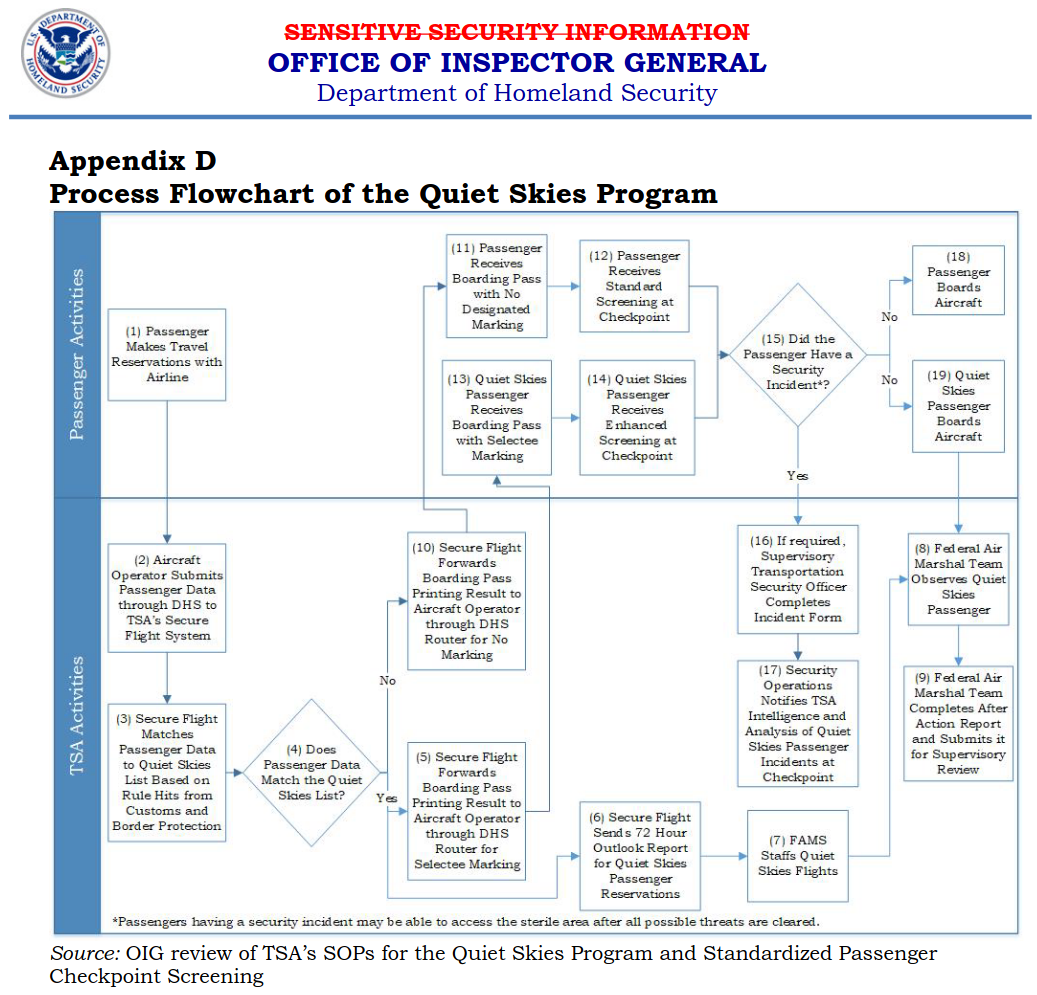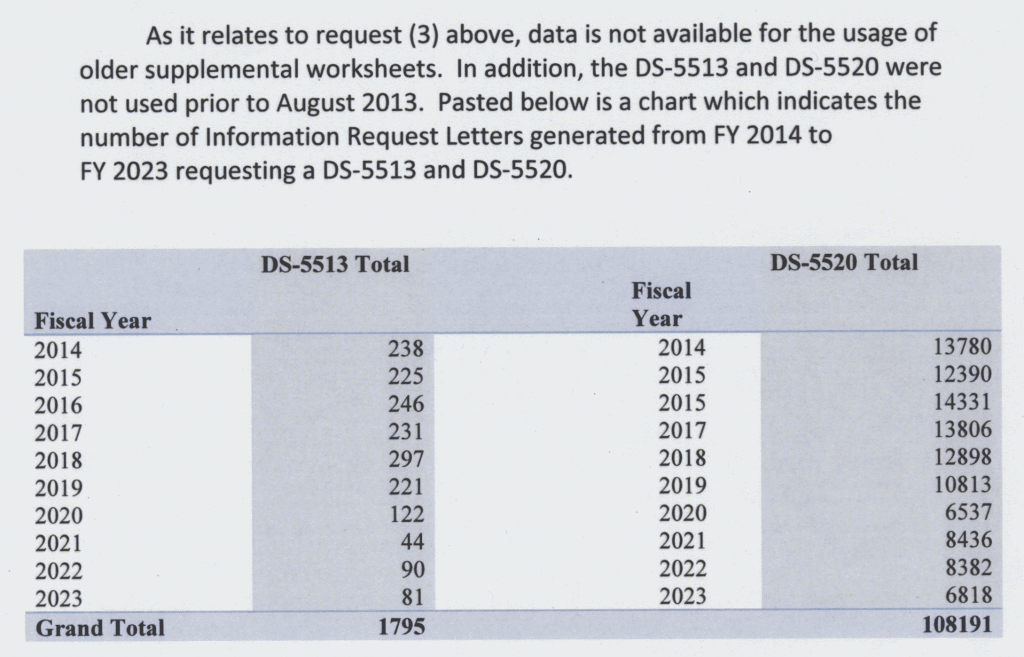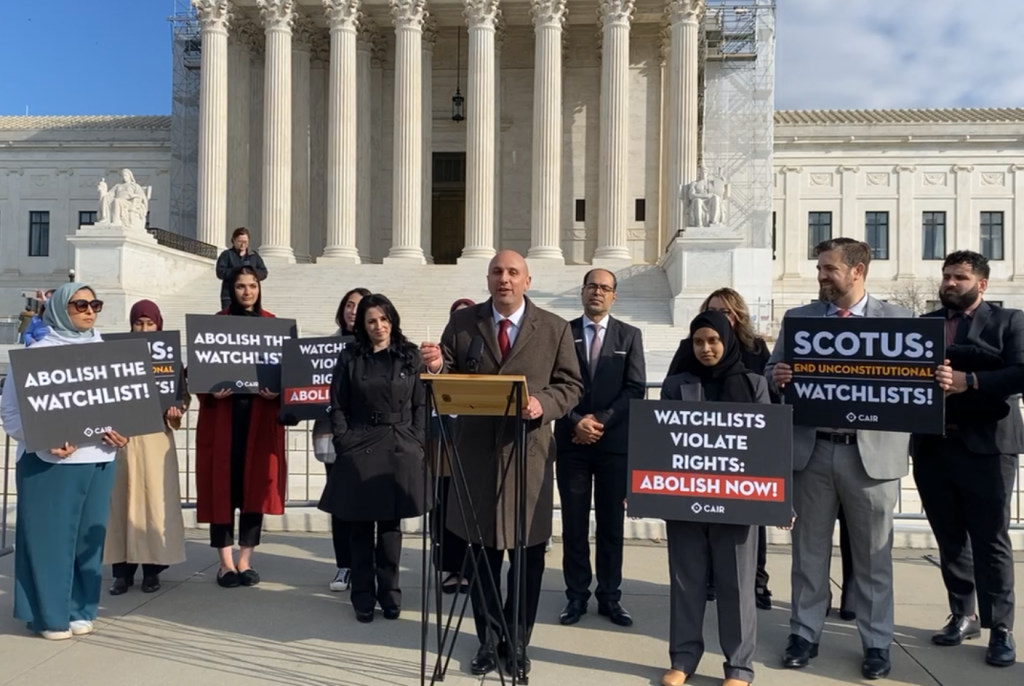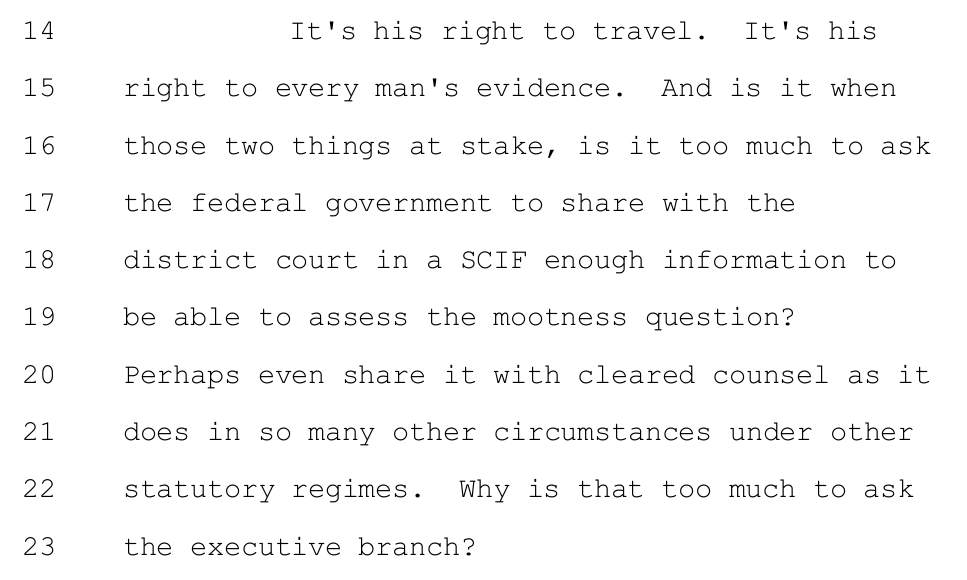TSA again backs down from its REAL-ID threats
The Transportation Security Administration (TSA) has again backed down from its decades-old threats to start requiring all airline passengers to show ID that the TSA deems to be compliant with the REAL-ID Act of 2005. But the new rules proposed by the TSA would create new problems that won’t go away until Congress repeals the REAL-ID Act.
In a notice published in the Federal Register on September 12th , the TSA has proposed another two-year postponement of the most recent of the “deadlines” the agency has imposed on itself for REAL-ID enforcement. But that postponement would be combined with interim rules for the next two years that ignore the law and invite arbitrariness in how travelers are treated.
The TSA notes that “frustrated travelers at the checkpoint may also increase security risks” if the TSA stopped allowing travelers to fly without REAL-ID. But the TSA doesn’t mention its current procedures for flying without any ID or its position in litigation that no law or regulation requires airline passengers to show any ID. Instead, The TSA claims without explanation that without this postponement, “individuals without REAL ID-compliant DL/ID or acceptable alternative would be unable to board federally regulated aircraft.”
Comments from the public on the proposed rule are due by October 15, 2024. Dozens of comments have already been submitted, almost all of them opposing requiring REAL-ID to fly.
We’ll be submitting comments opposing the proposed rules and reminding the TSA that (1) no state is yet in compliance with the REAL-ID Act, which would require sharing of driver and ID databases with all other states, and (2) neither the REAL-ID Act nor any other Federal law requires air travelers to have, to carry, or to show any ID.
Unless the law is changed to try to impose an unconstitutional ID requirement as a condition on the right to travel by common carrier, the TSA must continue to recognize the right to fly without ID. Any distinction by the TSA or other Federal agencies between state-issued ID, when no state complies with the REAL-ID Act or could do so until all states participate in the national REAL-ID database (SPEXS), would be arbitrary and unlawful.




